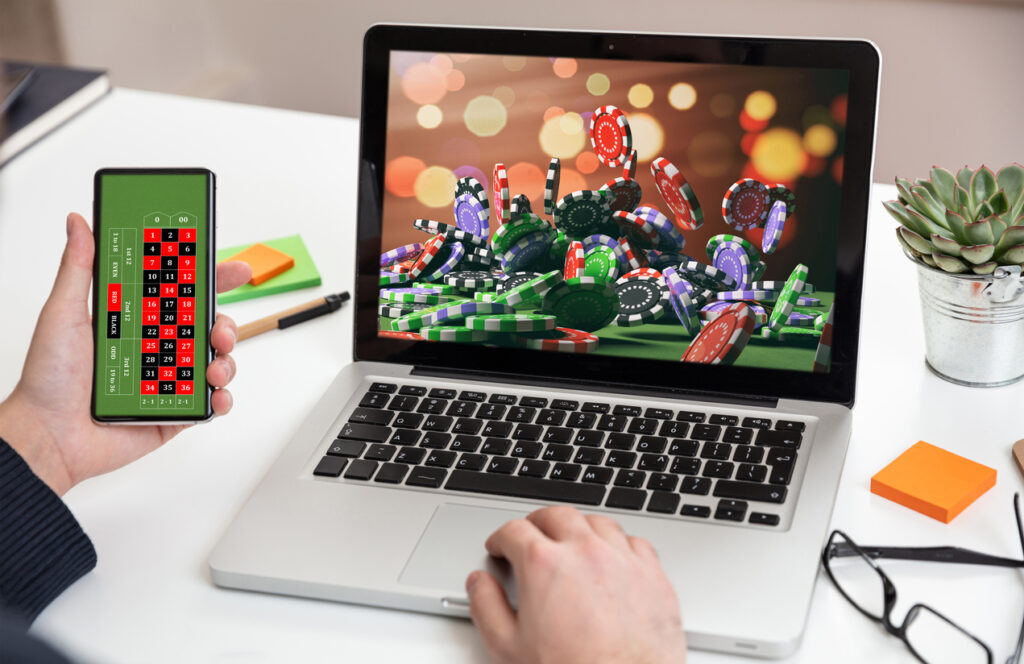
In today’s digital era, laptops have become an indispensable tool for work, entertainment, and communication. However, with so many options available, finding the perfect laptop can be overwhelming. Fear not! In this comprehensive guide, we will walk you through the key factors to consider when selecting a laptop that suits your specific needs. Let’s dive in!
Purpose and usage
First and foremost, determine how you will primarily use your laptop. Are you a student who needs it for note-taking and research? Are you a graphic designer or video editor who requires powerful specifications? Understanding your purpose will help narrow down your options.
Size and portability
Consider the laptop’s size and portability. If you are frequently on the move, a lightweight and compact laptop, such as an ultrabook or a 13-inch model, might be ideal. However, if you prioritize a larger screen and enhanced productivity, a 15-inch or 17-inch laptop might suit you better.
Performance
The laptop’s processor determines its speed and performance. For everyday tasks like web browsing and word processing, an Intel Core i5 or AMD Ryzen 5 processor is generally sufficient. For more demanding tasks like video editing or gaming, opt for an Intel Core i7 or AMD Ryzen 7 processor.
Memory (RAM)
RAM affects your laptop’s multitasking capabilities. Aim for at least 8GB of RAM to ensure smooth performance. However, if you work with resource-intensive applications or perform heavy multitasking, consider 16GB or even 32GB of RAM.
Storage options
Laptops offer two main storage options: traditional hard disk drives (HDD) and solid-state drives (SSD). HDDs provide more storage space at a lower cost, while SSDs offer faster data access and improved performance. If speed is a priority, consider a laptop with an SSD, or choose one with a combination of an SSD for faster boot times and an HDD for additional storage.
Graphics processing
Graphics processing is crucial for tasks like gaming, video editing, and 3D modelling. Integrated graphics are suitable for everyday use, but for more demanding tasks, consider laptops with dedicated graphics cards (e.g., NVIDIA GeForce or AMD Radeon) to ensure smooth performance and enhanced visual quality.
Battery life
If you’re frequently on the go or prefer working wirelessly, consider a laptop with long battery life. Look for models that offer at least 8 hours of battery backup to ensure uninterrupted productivity without constantly searching for a power outlet.
Budget considerations
Finally, set a budget for your laptop purchase. Determine the maximum amount you are willing to spend and prioritise the features that matter most to you. It’s important to strike a balance between laptop price and the specifications you require.
Choosing the perfect laptop doesn’t have to be a daunting task. By considering your purpose, size and portability, performance, memory, storage options, graphics processing, connectivity, and budget, you can make an informed decision that aligns with your needs and preferences. Remember, finding the right laptop is like finding a reliable companion for your digital journey. Happy laptop hunting!
You may also like:- Top Key Features of Snaptik You Need To Know
- The Importance Of Having Proper Hearing Aids
- Impact of Energy Efficiency on Solar Power Systems Calculations
- Maxim Krippa bought the first gold medal of the CS: GO team
- Why Your Business Needs Immutable Storage: An Explanation
- Comparing NFS and iSCSI: Key Differences Explained
- Search the Best Apparel Suppliers for Wholesale Clothes Suppliers
- Salon Equipment Spotlight: Hydrafacial Machines
- From Concept to Reality: Steps for Successfully Launching Your Restaurant
- Maximizing Efficiency with Proxies for Google Scraping








